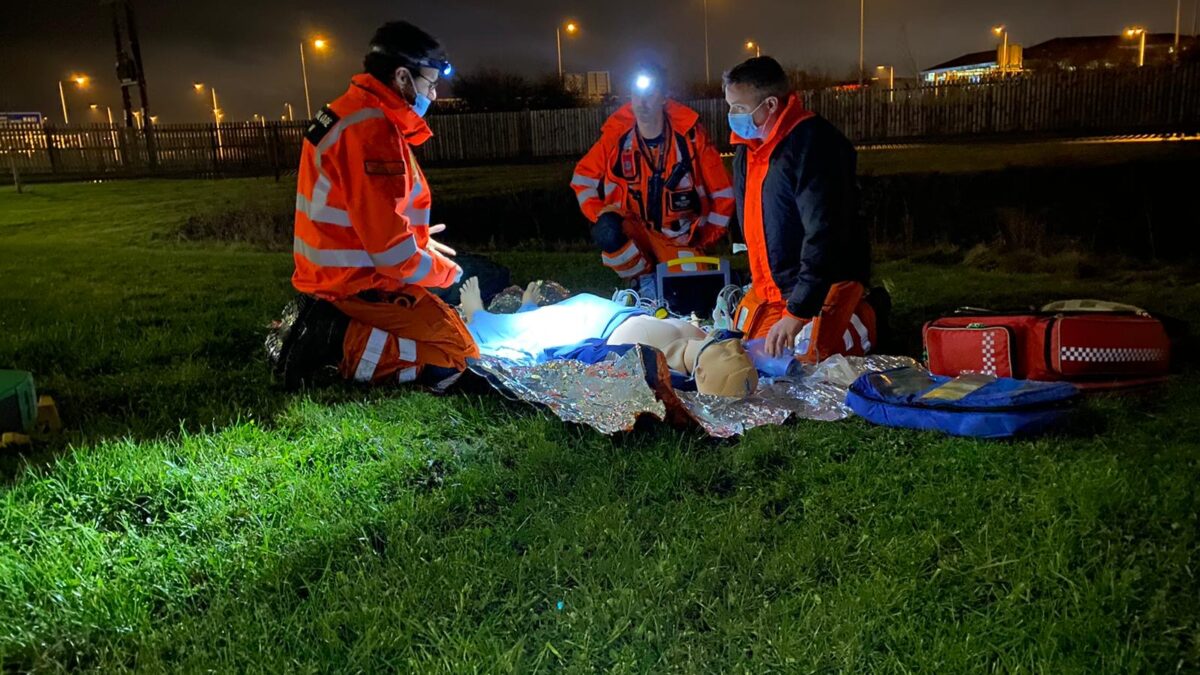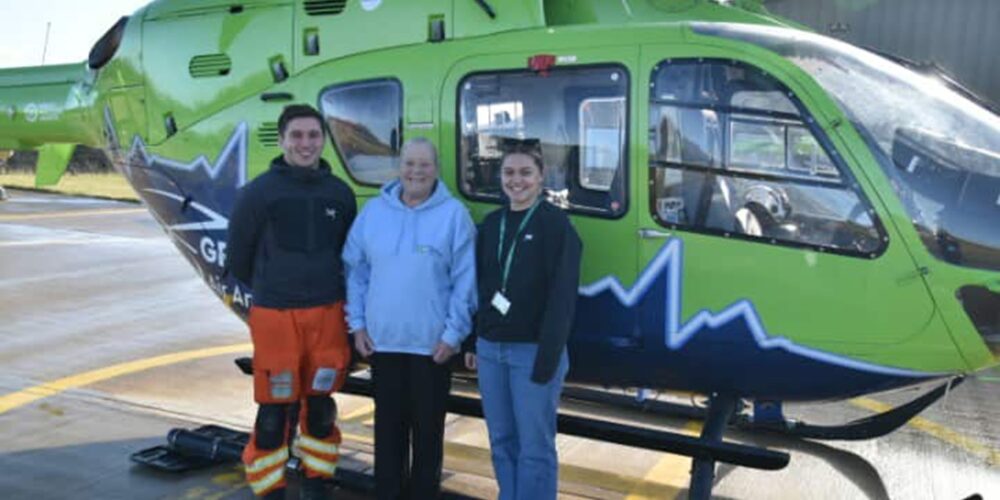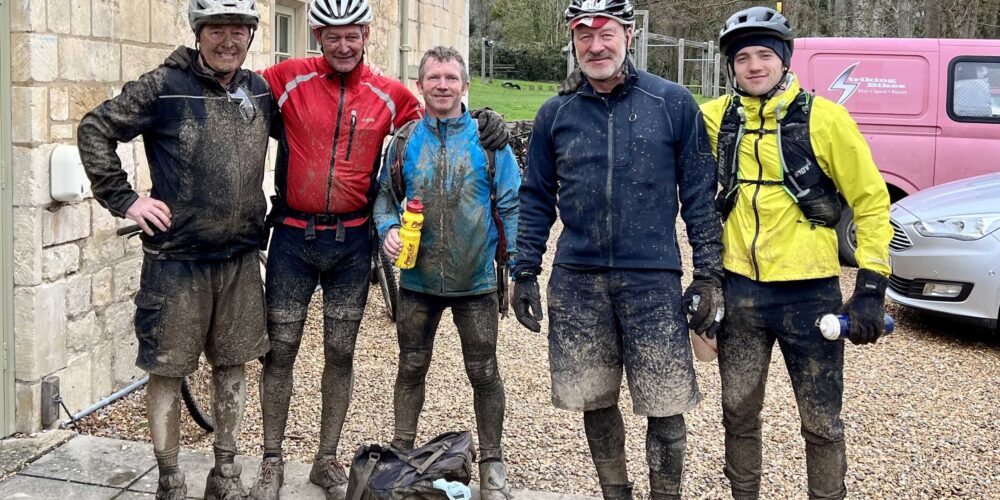
Meet GWAAC’s New Specialist Paramedic in Critical Care Callum
May 5, 2021
Protecting our Crew’s Welfare
May 7, 2021Our crew train every day to ensure that their skills and confidence are the best they can be. They never know what they will be called to at any given moment but they are always prepared and ready to attend the most critically ill and injured patients in our community.
Our highly skilled team of experienced Critical Care Doctors and Specialist Paramedics regularly perform advanced surgical procedures, which would usually only be carried out in an Emergency Department or Operating Theatre. However, they cannot rely on perfect conditions when they arrive on scene and are often working in challenging and dangerous environments. From the side of the motorway in the middle of the night, to high-pressure situations such as stabbings, the crew have to be prepared to deliver their skills in a range of environments and conditions.
This is where training is vital.
At the air base the crew have over 300 practice scenarios they use for training and they also re-create real-life incidents that were particularly challenging. They train for every eventuality, every incident, and every type of patient – right through from premature babies, to the very elderly.

The crew simulating a job at night time using head torches
The team set up scenarios in the dark (working only with torches and the light sources they would have with them on scene), working in loud and noisy environments with lots of distractions, (which makes it very hard to communicate with one another), and they devise training scenarios which create high stress and pressure.
The training kit they use is adaptable to help them realistically simulate real-life situations. For example, the airway manikins they use can be set up with particularly difficult airways for the crew to manage, all increasing the pressure of managing the scene and the patient in order to prepare them for real-time incidents.
The crew now have a new simulation suite in their training room which allows them to record their practice and watch it back – ensuring continuous development and also aiding with running the regular assessments that the crew have to undergo.
Our training kit is funded by very generous grants and donations – none of what our crew do would be possible without their rigorous training, which is all thanks to public support.
Medical Director, Ed Valentine, says: “Our highly realistic and advanced training suite, training equipment and patient manikins mean we can practice and develop our skills so that when we’re faced with a seriously ill or injured patient in real life we can guarantee we’re fully prepared and ready to deliver the highest quality care”



